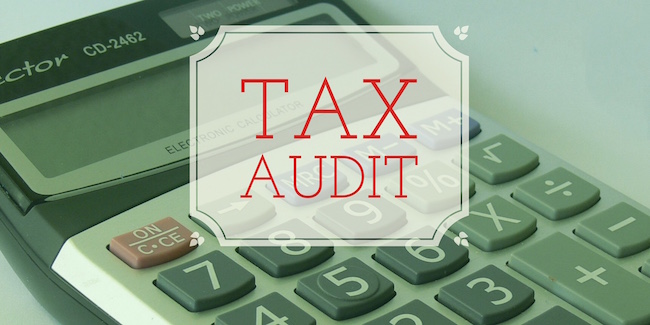Financial Record for Tax Audit
Maintaining accurate financial record for Tax Audit is essential for all businesses, even for ventures like a fashion design enterprise that must prepare for potential tax audits.
Here’s how your fashion design business could handle this process:
1. Organized Bookkeeping:
Maintain accurate and organized financial records from the start. Use accounting software or hire a professional bookkeeper to ensure that all transactions, expenses, sales, and purchases are recorded properly.
2. Separate Business and Personal Finances:
Open a separate business bank account and credit card to keep your business finances distinct from personal ones.
This separation simplifies tracking business expenses and income.
3. Keep Receipts and Invoices:
Retain all receipts, invoices, and financial documents related to your fashion design business. This includes receipts for materials, equipment, travel expenses, and client invoices. Store both physical copies and digital scans in an organized manner.
4. Digital Records:
Utilize accounting software to digitize and store financial records securely. This streamlines the record-keeping process and makes it easier to search for specific transactions during audits.
5. Categorize Expenses:
Properly categorize expenses using relevant accounting categories. Common categories for a fashion design business might include materials, marketing, rent (if you have a dedicated workspace), and equipment.
6. Regular Reconciliation:
Reconcile your bank statements and financial records on a regular basis. This ensures accuracy and helps identify any discrepancies or errors promptly.
8. Quarterly Reviews:
Conduct quarterly financial reviews to assess your business’s financial health. Analyze your profit and loss statements, balance sheets, and cash flow statements.
This practice can help you catch potential issues early and make informed financial decisions.
9. Hire a Professional Accountant:
Enlist the services of a certified public accountant (CPA) with experience in handling taxes for small businesses.
They can offer guidance on tax deductions, ensure compliance with tax laws, and provide assistance during audits.
10. Estimated Tax Payments:
If your business is subject to income tax, consider making estimated tax payments throughout the year to avoid penalties and ensure you’re paying the appropriate amount.
11. Backup and Security:
Regularly back up your digital financial records and keep them secure. This protects your business data from loss or unauthorized access.
12. Retain Records:
Follow the recommended retention period for financial records. While this period may vary by location, keeping records for at least three to seven years is generally advisable.
13. Consult with Professionals:
If you receive notice of an impending tax audit, consult with your accountant or tax advisor immediately. They can guide you through the audit process and ensure you provide the necessary documentation.
By implementing these practices, your fashion design business can maintain accurate and organized financial records that will not only help with tax audits but also contribute to overall financial transparency and success.
To visit: https://www.mca.gov.in/
For further details access our website: https://vibrantfinserv.com

